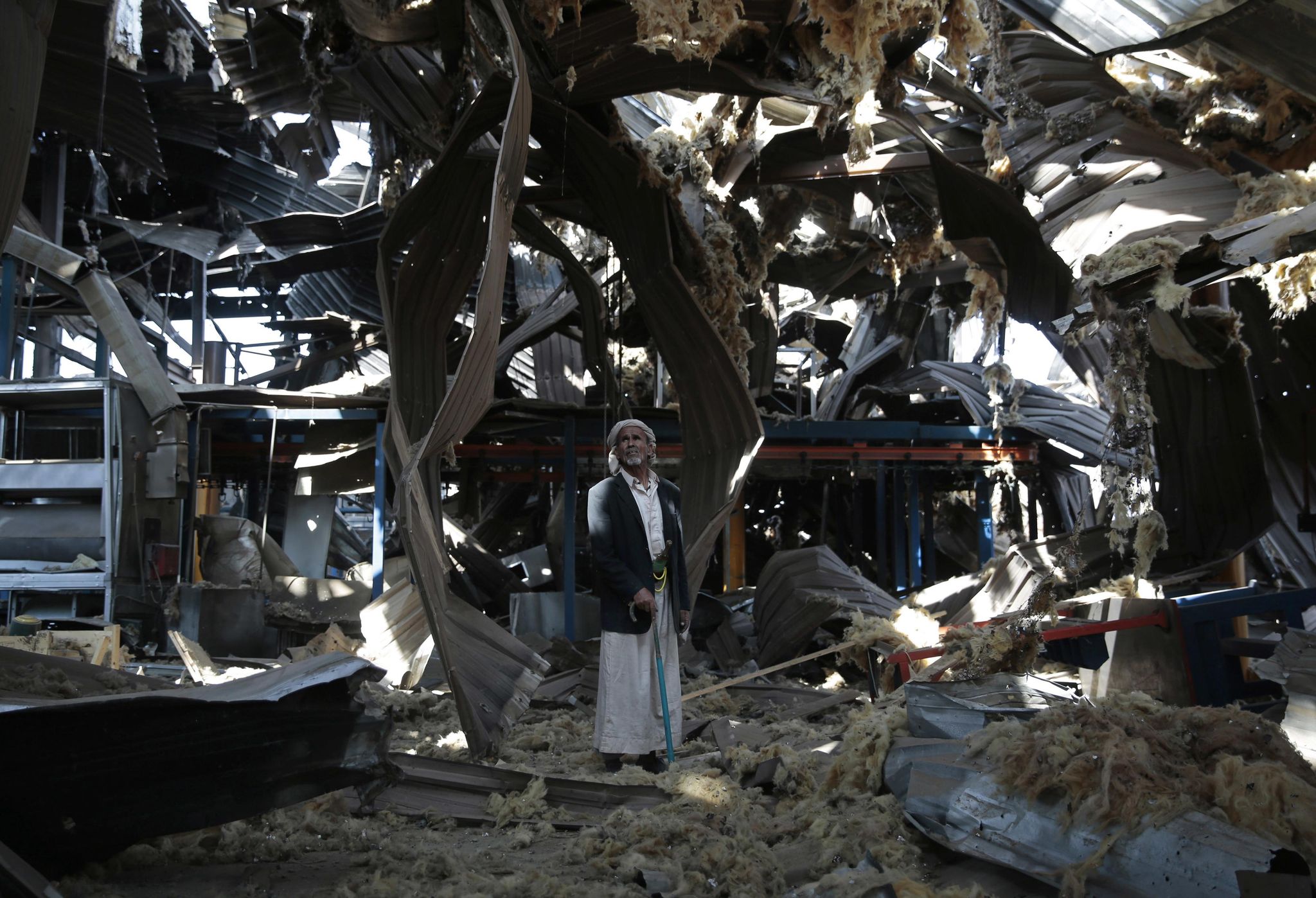
The Pentagon said late Friday the U.S. would no longer refuel planes for the Saudi Arabia-led coalition battling Houthi rebels in Yemen, suggesting the Trump administration may be taking concrete step
The Pentagon said late Friday the U.S. would no longer refuel planes for the Saudi Arabia-led coalition battling Houthi rebels in Yemen, suggesting the Trump administration may be taking concrete steps to end support for the controversial war amid continued reports of high civilian casualties.
The move also comes at tense time for Washington and Riyadh following the death of U.S.-based journalist Jamal Khashoggi, who was killed inside the Saudi consulate in Turkey last month. The incident has ratcheted up tensions between the two nations and sparked strong calls on Capitol Hill to cut off arms sales and military support for Saudi Arabia, along with imposing possible economic sanctions.
On Yemen, top administration officials have said recently it’s time to end the conflict and move to a peaceful resolution.
Both the U.S. and Saudi Arabia over the weekend tried to cast the decision to end refueling as a mutual one, though U.S. officials reportedly believed it was time to end the controversial policy that had faced intense international criticism as reports of civilian carnage rose.
“We support the decision by the Kingdom of Saudi Arabia, after consultations with the U.S. government, to use the coalition’s own military capabilities to conduct inflight refueling in support of its operations in Yemen,” Defense Secretary James Mattis said in a statement late Friday night. “The U.S. and the Coalition are planning to collaborate on building up legitimate Yemeni forces to defend the Yemeni people, secure their country’s borders, and contribute to counter Al Qaeda and ISIS efforts in Yemen and the region.”
“The U.S. will also continue working with the coalition and Yemen to minimize civilian casualties and expand urgent humanitarian efforts throughout the country,” he continued. “Recognizing continued bipartisan interest from Congress, the administration is appreciative of the continued dialogue we have had with key members on this issue and look forward to working together to support the United Nations’ ongoing efforts on this new phase in Yemen.”
In its own statement, Riyadh said it simply no longer needs America’s help with refueling.
“Recently the kingdom and the coalition has increased its capability to independently conduct inflight refueling in Yemen,” read a statement released on state-run Saudi television. “As a result, in consultation with the United States, the coalition has requested cessation of inflight refueling support for its operations in Yemen.”
While it’s unclear exactly what impact the policy change will have on the Saudi-led war in Yemen, what is clear is that the civilian death toll is rising. The Trump administration has repeatedly said it believes the Saudi-led coalition is doing all it can to reduce civilian casualties in the conflict, which is a key part of a broader proxy war between Saudi Arabia and Iran.
But new figures show that civilian deaths are going up. Since the start of 2016, Saudi-led coalition airstrikes have killed at least 4,489 civilians, according to figures from the Armed Conflict Location & Event Data Project.
So far this year, 1,254 civilians have been killed, a rate of about four people each day. Last year, 1,386 civilians were killed, or about 3.79 per day, meaning the frequency of civilian deaths is actually rising, not falling as U.S. officials claim.
Administration officials have over the past several weeks publicly called for an end to the war.
“It is time to end this conflict, replace conflict with compromise, and allow the Yemeni people to heal through peace and reconstruction,” Secretary of State Mike Pompeo said recently.






